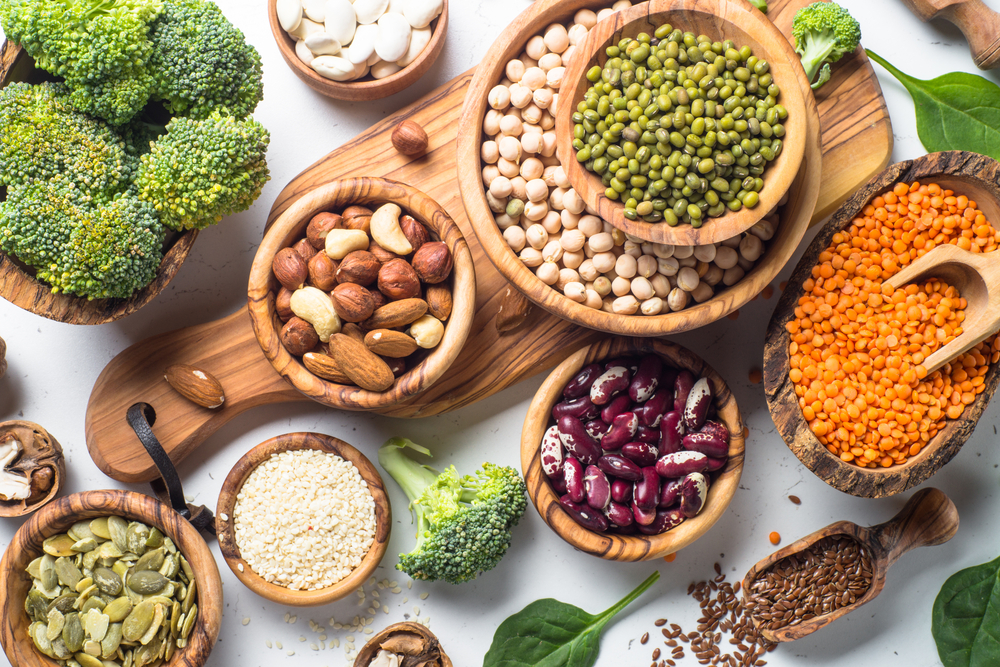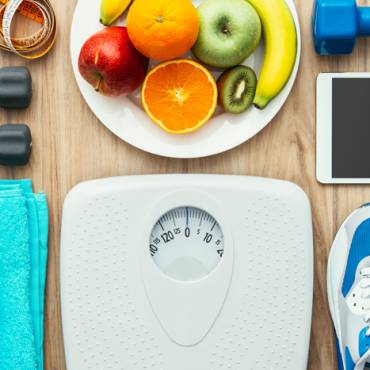High Protein Diet Benefits
Protein is important – it is vital for those trying to build up their strength. Protein helps reduce hunger, build and maintain muscles, strengthens bones, improves brain function, and supports your immune system. It is common for those looking to lose weight to implement a high-protein diet. Eating protein helps us feel full, which means a protein filled meal can help us eat fewer calories overall. A diet high in protein generally includes large quantities of protein and a small number of carbohydrates. You can follow a high-protein diet by eating:
- meat
- fish
- dairy products
- beans and legumes
- eggs
- vegetables rich in protein, like asparagus and spinach
It is common for people on this diet to reduce their carbohydrate intake, which usually involves limiting highly processed foods, bread and other baked items, candy, and white pasta and rice. You can increase how much protein you eat on your own, with or without adjusting how much you eat from other food groups.
Along with supporting weight loss, protein offers the body other essential benefits, including:
- provides enzymes, which help control thousands of chemical reactions in the body
- helps the body sustain and repair: hair, skin, muscles, and bones.
- particular proteins are needed to produce the hormones that help the body’s organs and cells communicate
Protein provides amino acids as well. There are 22 amino acids and nine of them are important to get from food because the body does not produce them. Protein from animals contains all of the amino acids, which is why it is referred to as a “complete protein.” While many plant proteins provide only some of the amino acids, they should be combined with other protein sources in order for you to get all of the essential amino acids our bodies need.
Though there is a lot of research on the results from a protein-filled diet has in short-term weight loss and muscle gain, the long-term effects of a high-protein diet needs additional studies. Some studies have suggested that health problems may potentially result after eating a high-protein diet for an extended period of time. Other research has shown that a high-protein diet could lead to higher acid loads for the kidneys, which can put people at risk of the health conditions that result from eating high amounts of animal fat. In addition, diets that put a limitation on carbs may harm a person’s health, especially children and teenagers, who are particularly at risk of malnutrition from carbohydrate deficiency. Still, most research on high-protein diets has shown that it is beneficial for weight loss, at least in the short term. Most people on this type of diet generally avoid:
- products that contain refined sugar, such as candy, baked goods, and sodas
- highly processed foods
- foods that manufacturers market as “diet” products, as they often contain excessive amounts of artificial sweetener
People looking to adopt a high-protein diet can follow an existing diet plan or adjust their intake of protein themselves to suit their needs. However, those who want to increase their protein intake should aim for each of their meals to include 25–30 g of protein. People should focus on eating a combination of lean animal proteins and plant-based proteins for optimal results. Also, a high-protein diet should be avoided by anyone with kidney disease. At Roseville Weight Loss Clinic, we can provide you with more advice starting a high-protein diet and how to safely increase protein intake.



